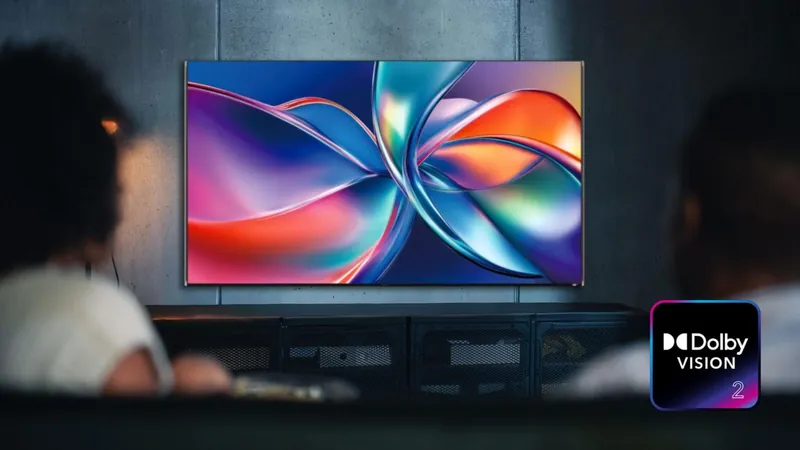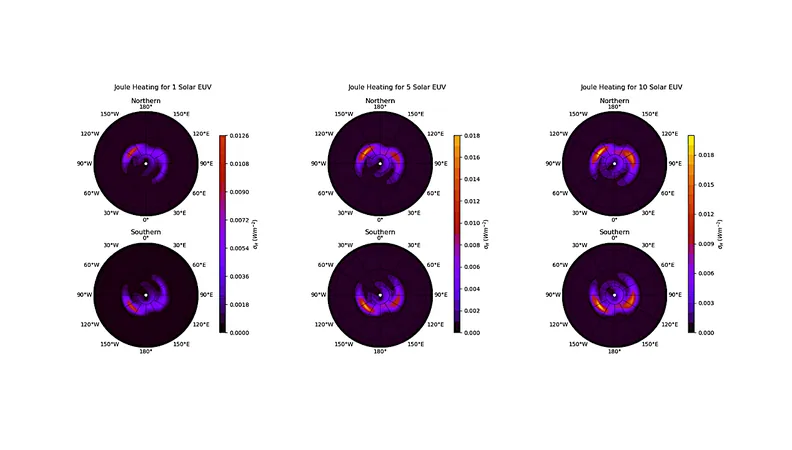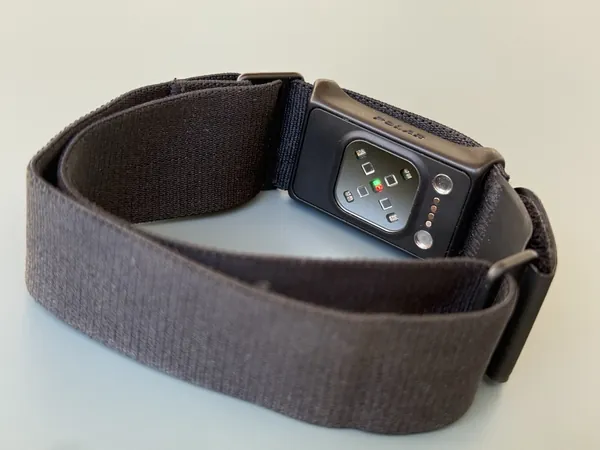
Revolutionizing Doctor Wellness: How Digital Tools Can Combat Burnout
2025-08-22
Author: Jacob
Digital Solutions for Physician Well-Being
It's not just patients who need mental health support—doctors are also turning to digital tools to enhance their well-being, as revealed by two groundbreaking studies.
Breaking Ground with Remote Training Programs
The first study assessed a remote training initiative paired with a smartphone app designed to teach cognitive-behavioral and mindfulness techniques. This research highlights a critical need: while stress and burnout rates among healthcare professionals soar, medical training often overlooks essential coping strategies.
Matthew J. Hirshberg, PhD, from the University of Wisconsin-Madison and lead researcher, underlined the urgent need for such skills, noting, "It's not part of standard curricula." The COVID-19 pandemic further illuminated the potential for burnout among healthcare workers, yet effective management tools remain under-explored.
A Comprehensive Study of Healthcare Professionals
In a robust clinical trial published in JAMA Internal Medicine, 2,315 healthcare workers from various fields participated. This included nurses, physicians, and psychologists from 762 facilities across Mexico. Participants engaged in a 13-week program featuring nine recorded Zoom sessions and access to a mindfulness app.
The findings were promising: those who completed the program reported significantly reduced stress and improved well-being up to 37 weeks after the program ended. Notably, secondary improvements in awareness, purpose, and gratitude were also documented, illustrating the far-reaching benefits of this training.
A Collaborative International Effort
A key strength of this project was the collaboration between U.S. researchers and Mexican healthcare authorities, paving the way for culturally relevant solutions. Hirshberg noted the flexibility of digital programs, making them accessible to busy professionals without excessive costs, and emphasized the importance of institutional support.
Harnessing Smartwatches for Resilience
Another exciting study, published in JAMA Network Open, investigated the impact of smartwatches on physician well-being led by Liselotte N. Dyrbye, MD. The research involved 184 physicians, nearly half of whom were residents.
Participants were divided into two groups—one received a smartwatch along with ongoing support, while the other waited six months before receiving the same device. Results showed that those with immediate access to the smartwatch experienced lower rates of burnout.
Data-Driven Insights for a Healthier Future
While improvements in overall quality of life were not statistically significant, the research indicated that the integration of wearable technology could enhance resilience among doctors. However, Dyrbye and colleagues emphasize the need for further studies to determine how engagement with these devices can foster behavior changes that combat burnout.
Hirshberg echoed this sentiment, acknowledging the promise of wearables but asserting that more work is needed to create effective communication strategies around the data collected.
The Future of Medical Training and Support
To truly prepare medical professionals for the challenges ahead, integrating well-being skills into medical education is crucial. As Hirshberg puts it, "Medical education should seize the opportunity to embed these trainings early on, equipping future physicians for their demanding roles."
In this evolving landscape, prioritizing mental health for healthcare providers via innovative digital tools will be essential for creating a sustainable and effective healthcare system.









 Brasil (PT)
Brasil (PT)
 Canada (EN)
Canada (EN)
 Chile (ES)
Chile (ES)
 Česko (CS)
Česko (CS)
 대한민국 (KO)
대한민국 (KO)
 España (ES)
España (ES)
 France (FR)
France (FR)
 Hong Kong (EN)
Hong Kong (EN)
 Italia (IT)
Italia (IT)
 日本 (JA)
日本 (JA)
 Magyarország (HU)
Magyarország (HU)
 Norge (NO)
Norge (NO)
 Polska (PL)
Polska (PL)
 Schweiz (DE)
Schweiz (DE)
 Singapore (EN)
Singapore (EN)
 Sverige (SV)
Sverige (SV)
 Suomi (FI)
Suomi (FI)
 Türkiye (TR)
Türkiye (TR)
 الإمارات العربية المتحدة (AR)
الإمارات العربية المتحدة (AR)